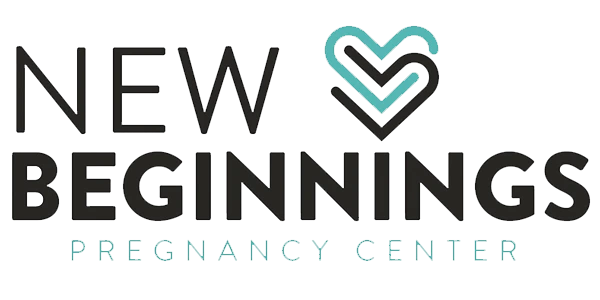It can be overwhelming trying to weigh your options when facing an unplanned pregnancy.
However, before choosing to have an abortion, it’s critical to make sure you are informed of all the physical and mental health risks.
While it’s difficult to predict how your body will respond after an abortion, learning more about how medical and surgical abortion work and their potential impact on your health can help you make the best decision for your future.
How Does Abortion Work?
There are two types of abortion—medical abortion and surgical abortion.
Medical abortion, often referred to as “the abortion pill,” is most commonly used to terminate a pregnancy within the first 10 weeks. The drug mifepristone is administered first, which blocks the progesterone hormone and causes the pregnancy to stop growing. Then, misoprostol is administered and causes the uterus to contract and expel the pregnancy through the vagina.
During a surgical abortion, a doctor first dilates the cervix, either using medication or a surgical instrument. Then, the doctor will use surgical tools to scrape and suction the pregnancy and related tissues from the uterus.
Physical Risks of Abortion
Physical health risks associated with medical abortion include:
- Incomplete abortion, which may need to be followed by surgical abortion
- Heavy and prolonged bleeding
- Infection
- Fever
- Digestive discomfort
Physical health risks associated with surgical abortion include:
- Perforation of the uterus, which may need surgical repair
- Cervical tearing
- Development of scar tissue in the uterus
- Infection
Mental Health Risks of Abortion
While many people first think of the physical effects of abortion, the possibility of mental health effects should also be taken seriously.
The potential mental health impact of abortion ranges from feelings of grief and sadness to the development of more complex mental health issues.
According to the National Library of Medicine, mental health risks following abortion may include:
- Depression
- Eating disorders
- Anxiety
- Sleep disturbances
- Suicidal behaviors
- Substance abuse
Studies have also shown that women are more likely to develop mental health issues after an abortion if they:
- Feel pressured to abort
- Have conflicting maternal desires and moral beliefs
- Have inadequate pre-abortion counseling
- Have pre-existing mental health issues
- Lack social support
- Have had a previous pregnancy loss
We Are Here to Help
If you’re facing an unexpected pregnancy and don’t know what to do next, learning more about your pregnancy is a great place to start.
New Beginnings Pregnancy Center offers a free lab-quality pregnancy test and a follow-up ultrasound scan if needed. Our trusted medical staff can help you better understand your options and answer any questions you may have.
Contact us today for your confidential appointment.
